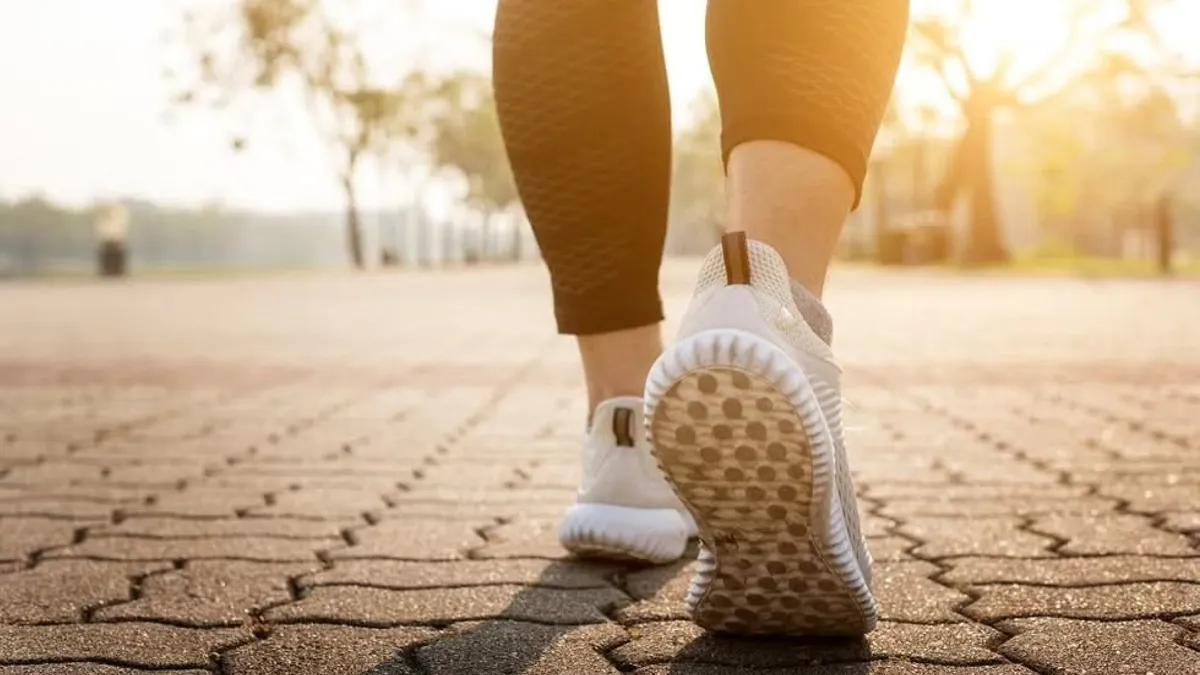Walking and walking strengthen the muscles of the arms, chest, back, abdomen, pelvis and legs. Although coordinating all of this doesn't take much conscious effort, our brains do, too. As experts remind us, the classic recommendation of 10,000 steps per day dates back to 1965, when a Japanese company created a pedometer marketed under the name Manpo-kei, which means “10,000 step counter.” The initially somewhat arbitrary number of steps, although effective, has been tested repeatedly with mixed results. However, one thing remains certain: the number of steps we take each day affects our health.
Image: Shutterstock
However, new research conducted by pathophysiologists at the University of Milan shows that not all steps are created equal. the Proceedings of the Royal Society B According to a study published in a scientific journal, stationary walking “significantly reduces the energy cost of short distances” when trying to calculate energy expenditure.
Serious progress in our health
This applies not only to those trying to burn more energy and calories, but also to those trying to maintain it.
Short walking-based exercise programs are used to treat and rehabilitate many clinical conditions, including obesity and stroke. This can also be important information for those who don't want to lose weight, but want to enjoy the benefits of exercise and, for example, are trying to treat eating disorders or other conditions.
– said Francesco Luciano, first author of the study Science Alert Online scientific portal.
He added that understanding the “cost” of short intervals is key to designing exercise programs, especially for people with low aerobic fitness who need more time to reach a metabolic steady state.

Image: Pinterest
Experts say it's important to note that these findings are based on a fairly small sample of just ten healthy participants (five men and five women), all around 27 years old; Therefore, the results may not be representative of the broader population.
The volunteers climbed a set of stairs for 10, 30, 60, 90 and 240 seconds, then in another trial they walked the same intervals on a treadmill.
The research team measured the amount of oxygen participants used on average:
- When they were at rest before the experiments and
- After the walking sections.
For the 240-second segments, oxygen uptake was measured four times during walking to assess the effects of “steady-state” walking, when metabolism adapts to a particular form of movement over a longer period of time. Their results show that average oxygen uptake and metabolic cost are greater in short periods than in longer periods. During the 30-second segments, participants needed 20 to 60 percent more oxygen than during normal walking.












































